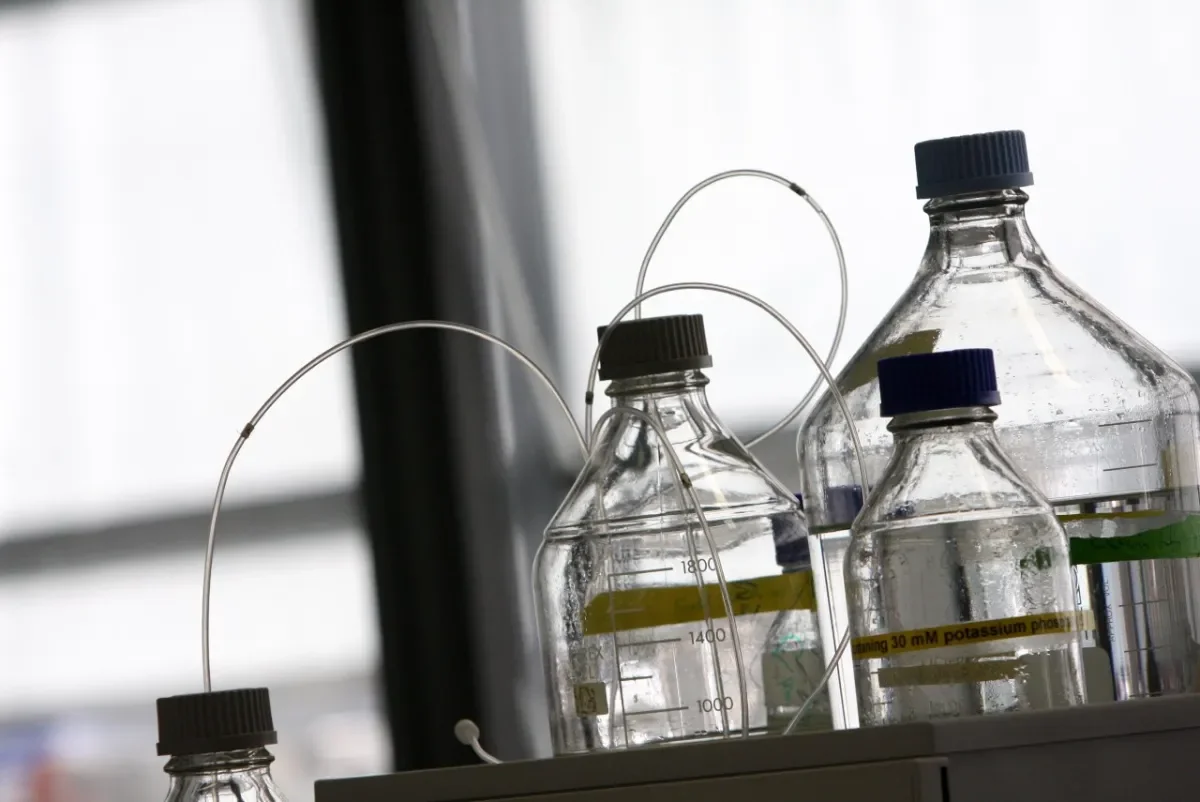

DCU project aims to reduce the reliance on single-use plastics in labs
A research team at DCU is aiming to develop an innovative solution to reduce the reliance on single-use plastics in science laboratories worldwide and in the process scoop an overall prize of €2 million as part of the SFI Future Innovator Prize.
The programme seeks to develop novel, potentially disruptive technologies to address enormous societal issues through science, technology, engineering, maths (STEM) based solutions.
DCU’s Grain-4-Lab Project comprising Dr Jennifer Gaughran (School of Physical Sciences), Dr Brian Freeland (School of Biotechnology) and Samantha Fahy (DCU Sustainability Manager) is aiming to address the global problem of single-use plastics.
Every year, an estimated 5.5 million tonnes of single-use plastic products are disposed of by science laboratories world-wide. Ireland has committed to reducing greenhouse gas emissions by 51% by the year 2030. However, in order to achieve this target within the next nine years, creating sustainable alternatives and approaches to single-use plastics usage is crucial to achieving this.
Grain-4-Lab are one of ten teams competing under the SFI Plastics Challenge which aim to address problems across a number of strategic challenge areas including removing plastics from coastal areas; reducing reliance on single use plastics in laboratories; upcycling plastic waste and utilising plastic waste for sustainable battery technologies.
“Our project focuses on developing sustainable laboratory-grade bioplastics, using currently untapped waste-streams from the Irish brewing and distilling industries. While providing viable alternatives to single-use plastics, we will also develop a pathway to inspire the adoption of sustainable solutions in laboratories,” explained Dr Jennifer Gaughran.
“We are currently in the Concept Phase and will be competing to get through to the Seed Phase at the end of March. Ultimately, we would be hoping to compete for the prize fund of €2 million at the end of the year,” added Dr Freeland.
